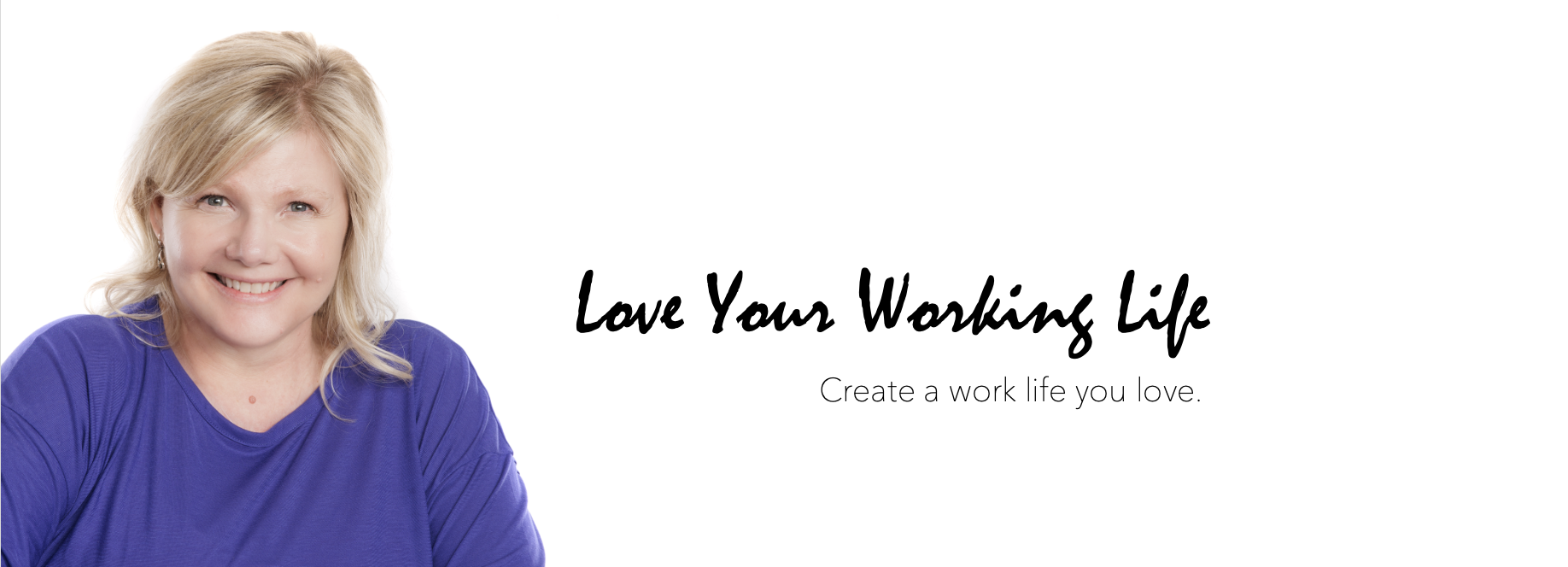|
Let’s talk about “quiet quitting” because I’m struggling with the way it’s being portrayed by the media and organizations. Quiet quitting is not new. In the past it was called presenteeism (being at work, but checked-out). Today it’s characterized as a way of stepping back; putting work and career back into the frame of working the hours you’re paid for, and living your one beautiful and precious life for the rest. It has some positive and negative associations with it that need to be explored, particularly if this is something you’re considering in your career. In a recent Wall Street Journal article “If Your Co-Workers Are ‘Quiet Quitting’ Here’s What That Means” some individuals expressed how quiet quitting didn’t have any negative impacts on their work outputs or performance feedback. In some cases, they received increased positive feedback by letting go of their hyper-focus on work. For other’s quiet quitting is a way to pull back from a job they aren’t planning to stay in much longer anyway. There’s a wide-spread response to “quiet quitting”, with it being characterized (at best) as a lack of engagement or (in some media) the way employees “selfishly” put their own needs above the company’s. Neither of these are positive characterizations, or sitting well with the truth of what’s really needed – employees giving voice to the reasonable boundaries they need between their work and life. It does feel like an act of glorious rebellion to reduce working hours back to the 35-40 per week that you’re getting paid for, especially if your hours are more like 50-60/week (working overtime for free). Ask yourself this: What, or whom, are you rebelling against? It’s an important question, because many professionals (and I count myself among them) have consistently worked extra hours without being asked to. It’s an unspoken expectation, sometimes of yourself and sometimes from others. I’ve quiet quit too in my career, and had the same positive experience that others have shared. When I chose to stop hyper-focusing on work, I also gave myself permission to stop over-identifying myself through my job. I became more pleasant to work with, and was relaxed enough to increase my problem-solving abilities. This came with working fewer hours because I relaxed my vice-like grip on getting things done. I accomplished more in less time. No one noticed me “pulling back” - while that’s what it felt like I was doing, that wasn’t the actual impact and I received more consistent and positive feedback about my work. But I could only see this in the rear-view mirror of life, and I didn’t learn anything from it at the time. Instead, the lesson got lost in the “fear’ that I would be “found out” for quiet quitting. I just couldn’t see that I’d actually improved at work. This is a big risk of being “quiet”. Doing this in isolation, quietly, is not the way to make change sustainable for yourself. Labels, characterizations, etc. distract from what’s needed to effect lasting change that supports a working life you can love: having a deeper conversation where your needs at work can be discussed to the benefit of both you and your employer (which is anything BUT quiet). Putting boundaries in place to support your wellbeing is a positive aspect of quiet quitting, but it’s not sustainable if you’re doing it invisibly. Talking about what you need empowers you to make needed changes, feel good about them and know your manager/organization can get behind them too. There’s a learning curve here for organizations – a necessary one - or they will continue to tread on the wellbeing of employees (knowingly or unknowingly) until these kinds of conversations consistently, take place – making this the “norm”. Truth is, all of us have the responsibility to assert how we want to live our lives, and that does not have to mean being consumed by career and work – holding on too tightly to something, like work, often means you’re at greater risk of missing the impact you most want to have there. However, quietly pulling back isn’t a sustainable way to make this happen in anyone’s career. If you’re unhappy, identify what’s making you unhappy and talk to your manager about it (or change the things you control – like hyper focus). Doing this creates intentional change that supports what you need to enjoy the work you have today, and into the future – so you create a work life you can love. The only way the workplace gets better for ourselves and our kids is if we stop doing things in silence, and start having meaningful conversations about what’s possible when we’re not “hustling”, but connected to the work we do. Do not go quietly. Go with the full confidence of knowing your life is worthy of healthy boundaries, and the majority of employers are reasonable, overworked, people who just want to be happy too. Through our sessions and assigned coaching practices, I could accept new challenges, be open to continuous improvement, face uncertainty with curiosity and foster positive relationships for collaboration."
0 Comments
Your comment will be posted after it is approved.
Leave a Reply. |
|
|


